Refine search
Actions for selected content:
615760 results in History

The Cambridge Urban History of Europe
- Coming soon
-
- Expected online publication date:
- January 2026
- Print publication:
- 20 November 2025
-
- Book
- Export citation

The Aristotelian Kant
- Coming soon
-
- Expected online publication date:
- January 2026
- Print publication:
- 31 January 2026
-
- Book
- Export citation

The Cambridge Urban History of Europe
- Coming soon
-
- Expected online publication date:
- January 2026
- Print publication:
- 20 November 2025
-
- Book
- Export citation

The Cambridge Urban History of Europe
- Coming soon
-
- Expected online publication date:
- January 2026
- Print publication:
- 20 November 2025
-
- Book
- Export citation

The Cambridge History of the American Revolution
- Coming soon
-
- Expected online publication date:
- January 2026
- Print publication:
- 30 October 2025
-
- Book
- Export citation

The Cambridge History of the American Revolution
- Coming soon
-
- Expected online publication date:
- January 2026
- Print publication:
- 30 October 2025
-
- Book
- Export citation

Slavery, Freedom, and Development
- How Africa Became the Mirror Image of Europe
- Coming soon
-
- Expected online publication date:
- January 2026
- Print publication:
- 31 January 2026
-
- Book
- Export citation

Johann Gottfried Herder: Letters for the Advancement of Humanity
- Coming soon
-
- Expected online publication date:
- December 2025
- Print publication:
- 31 December 2025
-
- Book
- Export citation

Making Babies in Early Modern England
- Coming soon
-
- Expected online publication date:
- December 2025
- Print publication:
- 31 December 2025
-
- Book
- Export citation
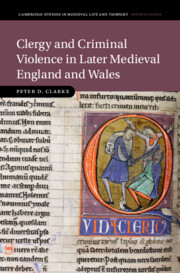
Clergy and Criminal Violence in Later Medieval England and Wales
- Coming soon
-
- Expected online publication date:
- December 2025
- Print publication:
- 31 December 2025
-
- Book
- Export citation

The Cambridge Companion to the Spanish Inquisition
- Coming soon
-
- Expected online publication date:
- December 2025
- Print publication:
- 31 December 2025
-
- Book
- Export citation
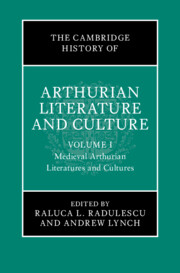
The Cambridge History of Arthurian Literature and Culture
- Medieval Arthurian Literatures and Cultures
- Coming soon
-
- Expected online publication date:
- December 2025
- Print publication:
- 31 December 2025
-
- Book
- Export citation
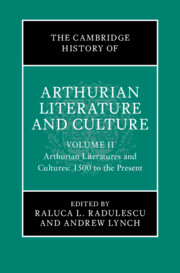
The Cambridge History of Arthurian Literature and Culture
- Arthurian Literatures and Cultures: 1500 to the Present
- Coming soon
-
- Expected online publication date:
- December 2025
- Print publication:
- 31 December 2025
-
- Book
- Export citation
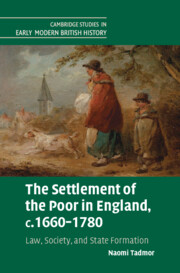
The Settlement of the Poor in England, c.1660–1780
- Law, Society, and State Formation
- Coming soon
-
- Expected online publication date:
- December 2025
- Print publication:
- 31 December 2025
-
- Book
- Export citation

Cold War Comrades
- An Emotional History of the Sino-North Korean Alliance
- Coming soon
-
- Expected online publication date:
- December 2025
- Print publication:
- 08 January 2026
-
- Book
- Export citation
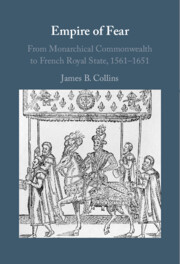
Empire of Fear
- From Monarchical Commonwealth to French Royal State, 1561–1651
- Coming soon
-
- Expected online publication date:
- December 2025
- Print publication:
- 31 December 2025
-
- Book
- Export citation

Invisible Fatherland
- Constitutional Patriotism in Weimar Germany
- Coming soon
-
- Expected online publication date:
- December 2025
- Print publication:
- 31 December 2025
-
- Book
- Export citation

Hume's Dialogues Concerning Natural Religion
- A Critical Guide
- Coming soon
-
- Expected online publication date:
- December 2025
- Print publication:
- 31 December 2025
-
- Book
- Export citation

The History of Contingency and Future-Oriented Thought
- Coming soon
-
- Expected online publication date:
- December 2025
- Print publication:
- 31 December 2025
-
- Element
- Export citation

Myths, History Wars, and Indigenous-Settler Relations in Canada and Other Settler States
- Coming soon
-
- Expected online publication date:
- December 2025
- Print publication:
- 31 December 2025
-
- Element
- Export citation
